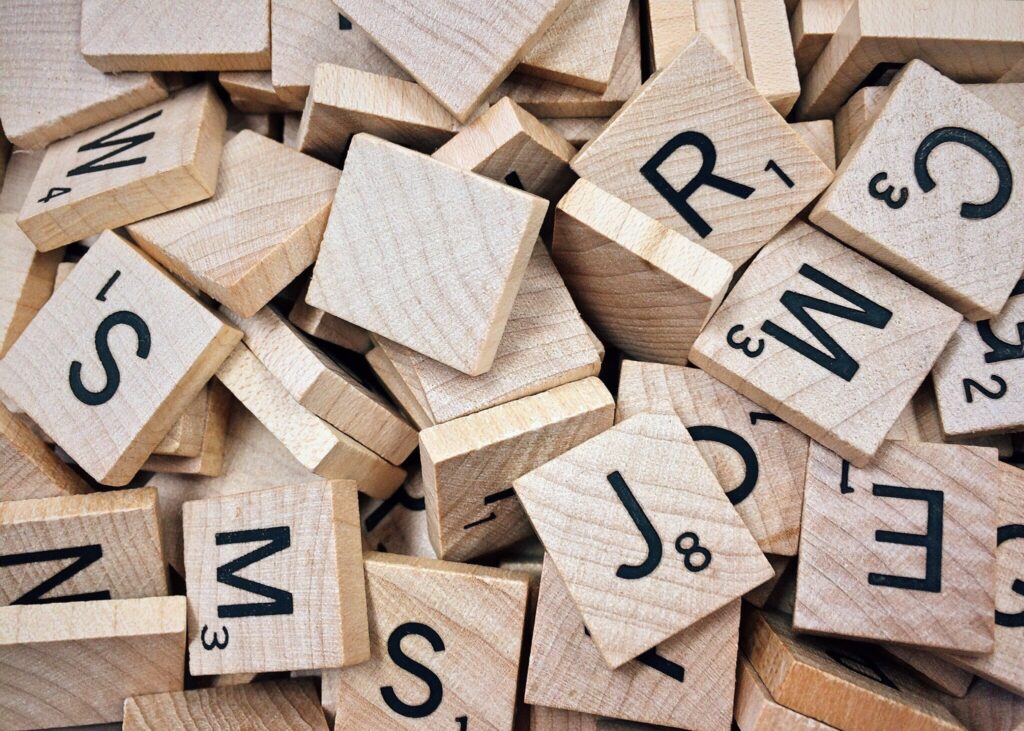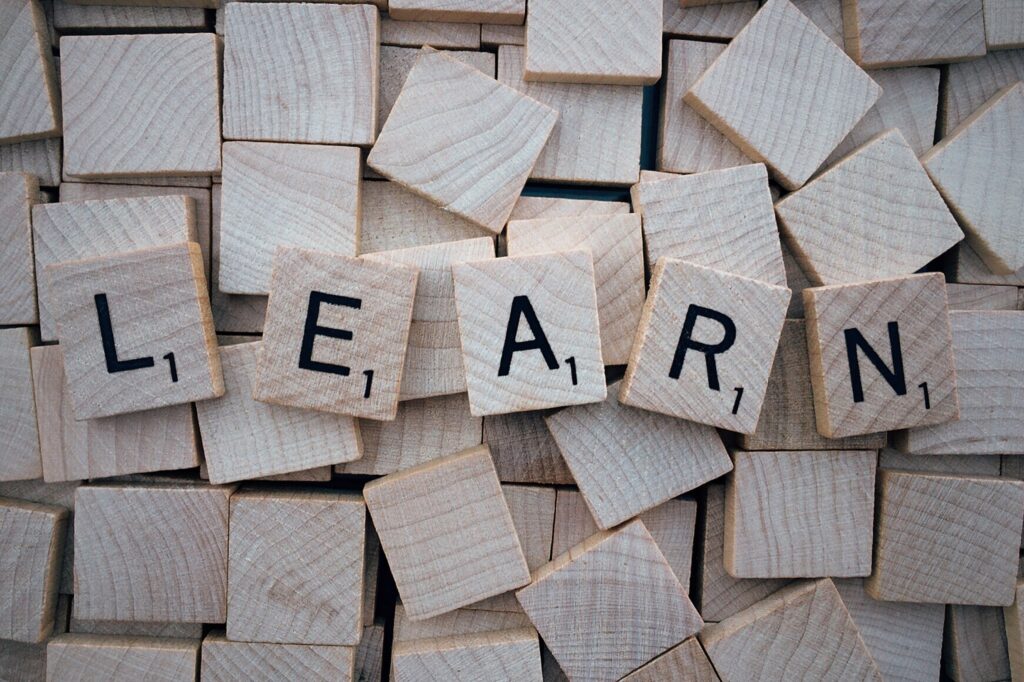As a language learner, you will have to work hard to achieve your goal. Be it any language, English, Spanish, French, or any other language, all of them are equally tough.
A language learner tries to make flashcards, and long lists of new words daily, and all of this hard work pays off in the end. Remembering new words can be tough.
Hence, here I have gathered a list of ten pointers that will help you to groove your linguistic skills and build your grammar. Stay hooked to the article till the end!
Strategies to Learn New Words
- Learn in Scripts and Chunks
It has been stated time and again that students learn faster if they break the word and learn it in chunks. Chunks are tiny phrases that combine many words.
Learning in scripts also proves to be fruitful at times. Learning in scripts is the learning of some typical dialogues.
If you wish to memorise the phrase, ‘come up with’ then you could use a script to learn this easily, for example, ‘to come up with an idea’. This way you’ll know the verb’s usage.
Similarly, instead of learning to say hi or hello in different languages, you can just learn it with the help of a script, such as ‘hello, how have you been?’ – ‘I’m fine, thank you!’
- Stop Using Random Words
We always remember what is important and what isn’t. Hence, making cards with random words on them might not be a very fruitful or beneficial idea.
Index cards are best used when you write words that you already know but writing new words upon those cards isn’t an effective way to learn.
To memorise a new word you should try to link the word with something related or meaningful to you. You are likely to remember a word if it is used in your area of interest.
For example, if you are a football fan, then you are most likely to remember the word, ‘unstoppable’. As in, ‘Messi is unstoppable’. This way your memory will increase.
- Challenge Yourself With Word Games
A challenge’s perception stimulates the brain. Games help you to learn and discover new sentences, words, and their different meanings! You can get to learn a lot of small and big, like five letter words, or even eight letter words, through a word game.
- Visualise the Word or the Phrase
Drawing the word’s meaning or writing it down while learning it will help you to remember faster. You can draw the letter or the word even in your imagination.
For example, you might remember what ‘keep your mouth shut’ means, that you didn’t infer because of idioms well then.
- Create Memories
People often make a mnemonic or a funny phrase and connect the word to its meaning. This thing is special and effective when I have to catch or recall difficult words.
A few mnemonics are:
- Island- is land
- Career- car, and beer
- To lose- uh oh, I’ve lost in ‘o’
- Use Your Inner Voice
Learning is an internal process. To learn something new, we need to get into the world of our inner voice. Listen to a word once then try listening to it inside your head.
Speak that word or phrase aloud, record yourself while you do that and then listen to the recording. Were you able to hear with your inner year?
- Write it Down
Writing down a word that has been newly discovered or writing down a sentence with that word helps to fix the word’s spelling and meaning in our memory.
Try to utilise the newly discovered word. You can even take the help of these sentences to write games such as the folding story etc.
- Use Spaced Repetition
Repetition helps to fix new words in our memories. However, repeating them a thousand times over one day won’t be as effective as repeating them throughout the week.
This repetition is known as spaced repetition wherein we keep revising the new concept after a couple of days. Use the word immediately after you’ve discovered it.
Then use the word again in about an hour. Next, recall the word again before sleeping and continue this cycle until the word fixes in your memory.
- Speak The Word Into Reality
It is not easy for us to recall a new word at the moment that we have tried to memorise. To bring a change, record yourself for about 2-4 minutes.
Do not stop anywhere in between while recording yourself. You could speak on any topic that interests you. After you’ve recorded, listen to your speech.
Notice the words that you have used, notice whether you used the new words or made any replacement for the same. After an analysis, record again.
- Dive Deeper into Etymology
Before you search for a new word in the dictionary, try to make sense of it on your own. Look at the suffixes and prefixes, and look at their roots.
Researching the origin of a word might help you to retain and store new words better. If you know more than two languages, you’ll start to recognise words that share roots.
Final Thoughts
I have talked about ten strategies by which you can start to learn a new language in a more efficient and significant way.
In all, I hope that you were able to gather some knowledge from this article. Happy learning!




